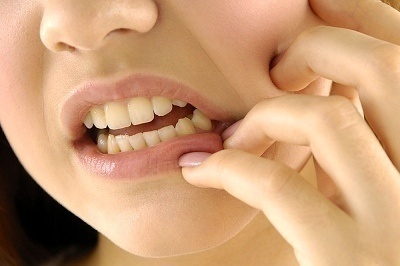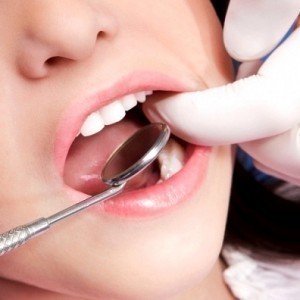Tooth Pain
Commonly known to medical experts as odontalgia, tooth pain refers to discomfort and acute or chronic pain in a tooth or around a tooth. Most of the time, this condition results from minor illnesses or injuries but there are times wherein toothache is caused by serious diseases. The severity of the ache ranges from mild to severe and it can be aggravated by cold or hot temperatures. To know if the condition needs serious medical attention, it is essential that patients have sufficient understanding on the different symptoms of odontalgia. Additionally, patients are recommended to get advice from dentists or other health professionals if ever the pain lasts for more than 24 hours.
Tooth Pain Symptoms
Examples of the common symptoms of odontalgia are sharp and stabbing pain while chewing, tingling sensation when exposed to cold or hot temperatures as well as shooting pain accompanied with mild headache. Aside from these, patients can also experience gum swelling and bleeding around a tooth. Other symptoms that can be associated or related to this health condition include redness in the gum line, throat pain, ear pain, sinusitis and intense pain whenever a tooth is touched.
Causes of Tooth Pain
Toothache can be caused by periodontal disease or gum disease. Additionally, the pain can also result from dental decay, cracked tooth, cavities as well as infected dental pulp. Exposed tooth root, wisdom tooth emergence and jaw disease are also common causes of odontalgia. However, patients are advised to seek help from physicians and dentists whenever they feel sudden and stabbing tooth pain because it can be caused by serious medical conditions such as heart diseases including myocardial infarction. To have ideas about possible treatments, patients should be properly diagnosed by dentists or physicians.
Tooth Pain Diagnosis
The causes of tooth pain can be diagnosed through oral examination and dental x-rays. Dentists can also review a patient’s medical history including surgeries that can affect the development of the condition and the frequency and intensity of the pain.
Tooth Pain Relief
Minor symptoms can be treated by taking pain relievers like acetaminophen and ibuprofen. Regular dental check up is also required. To relieve symptoms that are accompanied by jaw pain, patients can take aspirin. When it comes to medical treatments, the procedures may involve pulling of teeth, root canals and fillings. If there is a swelling of the jaw, patients are recommended to take antibiotics. However, before taking medicines, it is important to get prescriptions from physicians or dentists.



